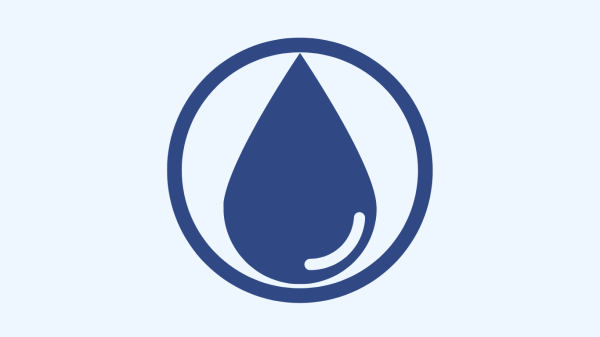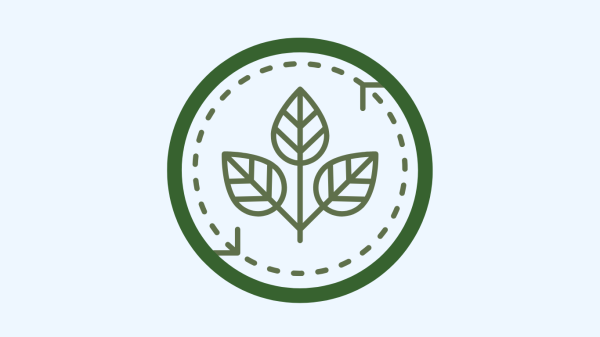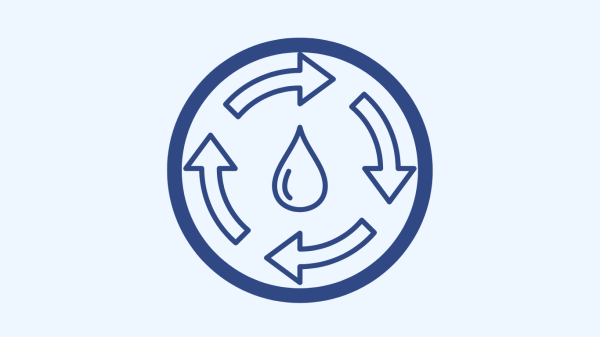Core Area of research and Career Foci
One of the greatest societal challenges of the 21st century is to ensure the availability and sustainable management of water for all, especially against the backdrop of progressive water scarcity due to climate change and increasing pollution of water resources. This includes supplying a rapidly growing world population with clean drinking water, but also providing sanitation facilities and infrastructure for wastewater collection and treatment (UN Sustainable Development Goal 6: Clean Water and Sanitation).
Core Areas of Research
The WGS consists of three different Core Areas of Research (CAR) categorizing the research of (post)doctoral researchers based on their different research projects to ensure an appropriate program for each member. These CARs are water quality, biodiversity and urban water cycle, each of them covered by the interdisciplinary and subject-specific research and training program of the WGS. However, early career researchers not working on topics from these three main CARs are also welcome to join the WGS if their research is somehow connected to the field of water research. The CARs will continually be updated and adapted to the research topics of the WGS members. Every CAR has its own program. Nevertheless, all members can join parts of the program of other CARs to ensure a custom-tailored educational program for each member.

Water Quality
- Further development of common water purification techniques such as membrane filtration, sorption and oxidation processes
- Further development of qualitative and quantitative trace analysis methods
- Ecotoxicological impact analysis and assessment of trace substances

Biodiversity
- Development of new methods for the characterization of biodiversity
- Impact analysis of (multiple) stressors on aquatic biodiversity
- Conception and impact analysis of revitalization measures
- Ecosystem services of aquatic biodiversity
- Establishment, maintenance and use of biodiversity resources

Urban Water cycle
- Investigations into the feasibility of a recycling circuit
- Optimization of technical treatment processes for the reuse of water
- Balancing of natural and technical water cycles
- Green infrastructure development
- Recovery of valuable materials and energy from water and wastewater

